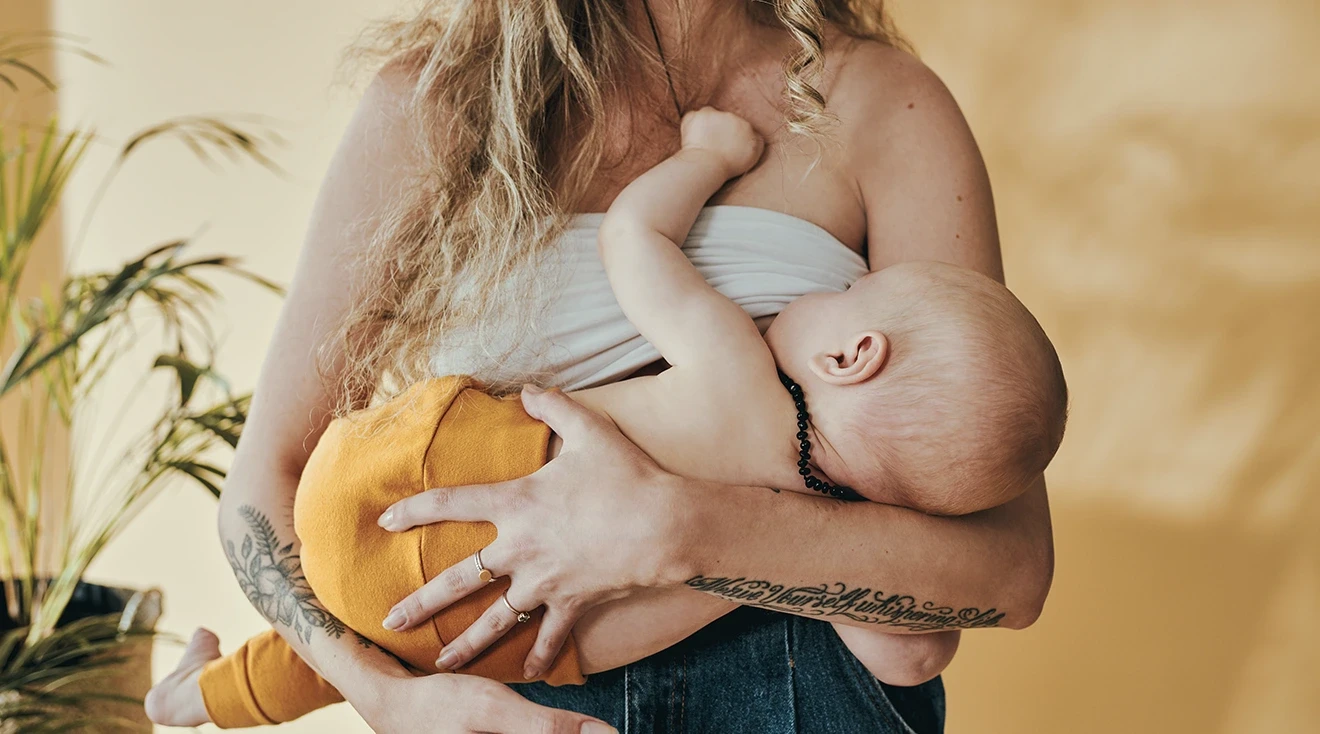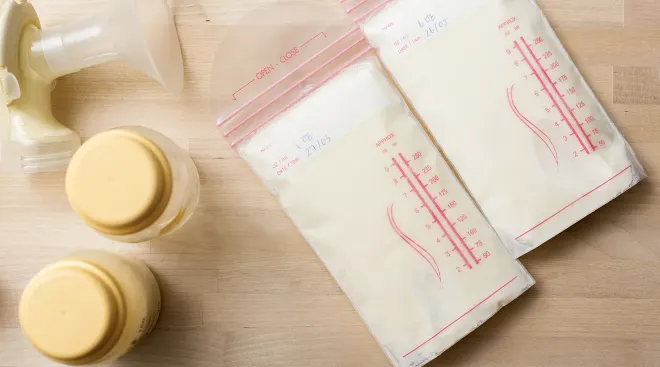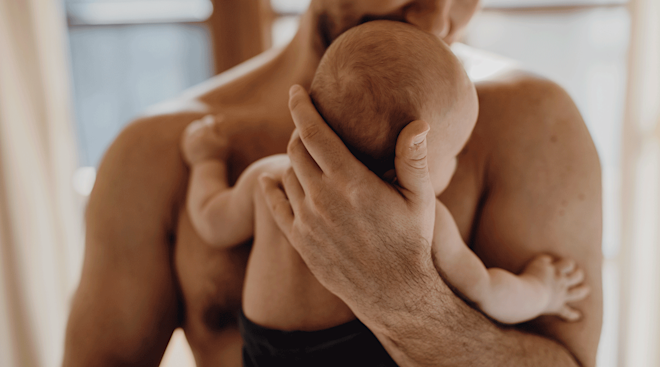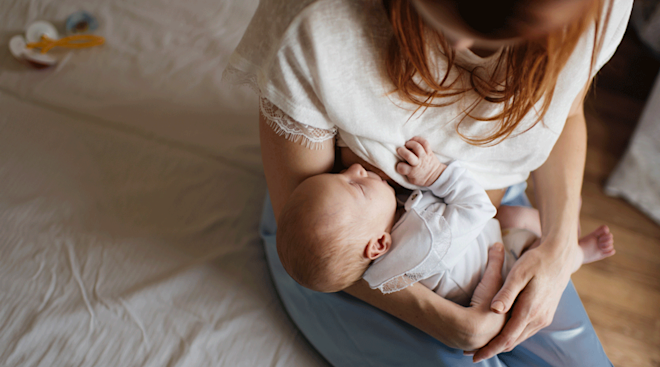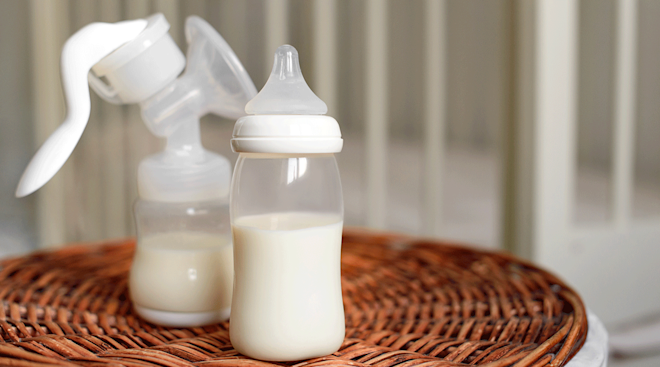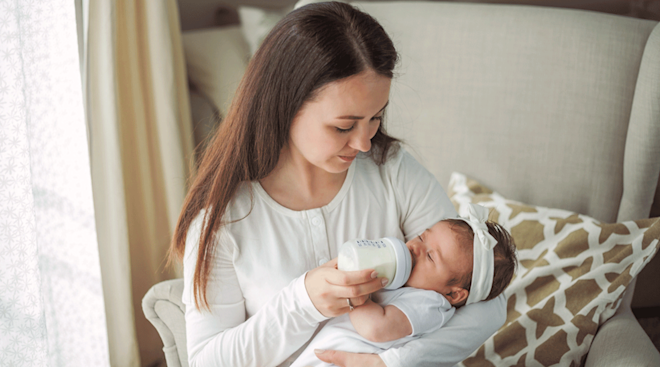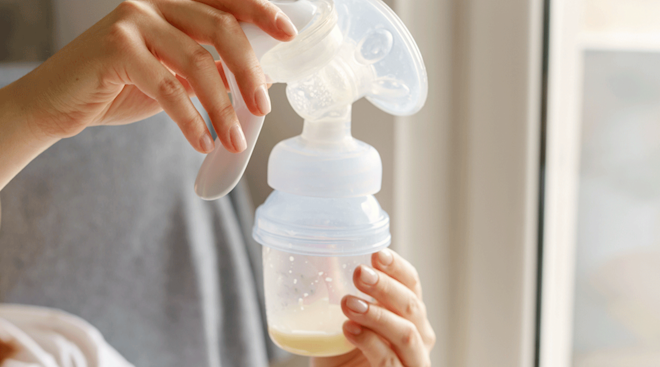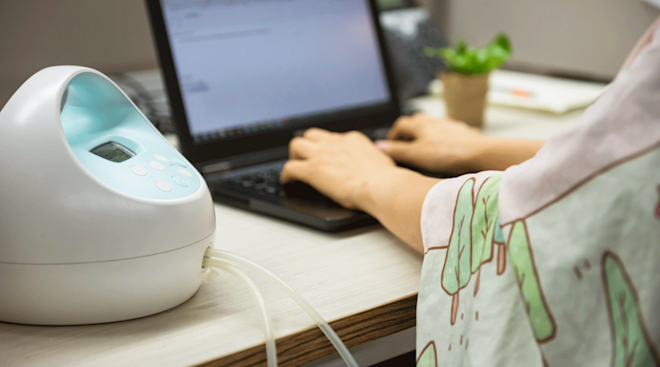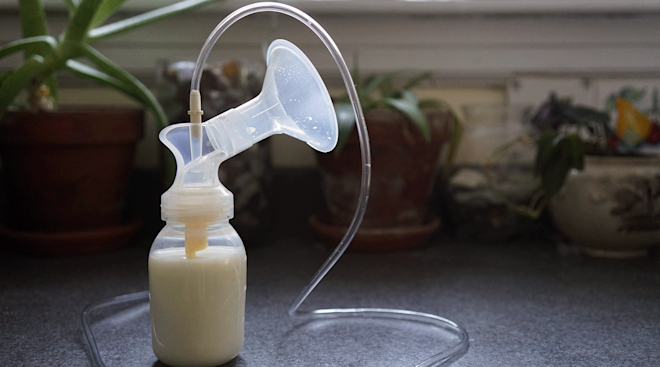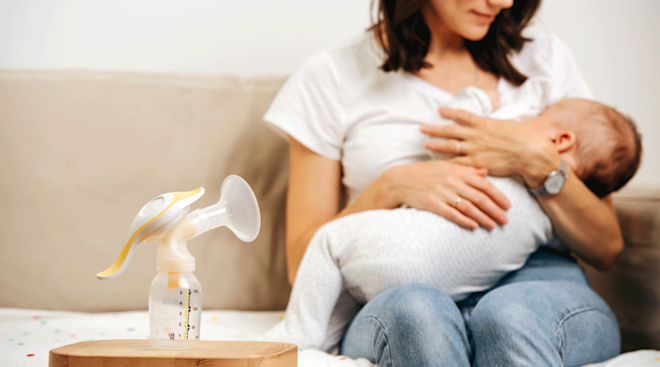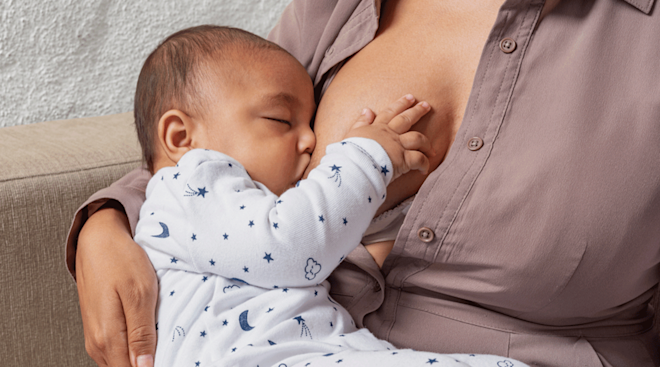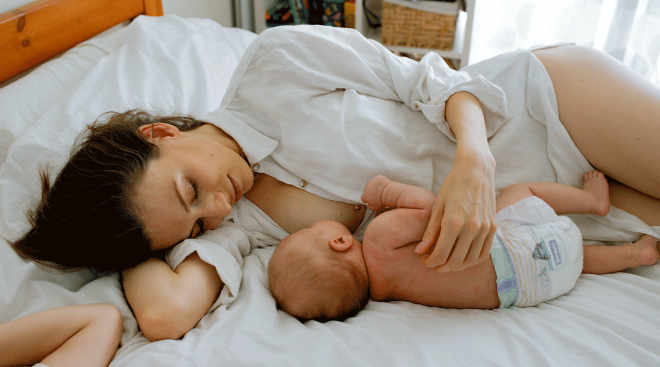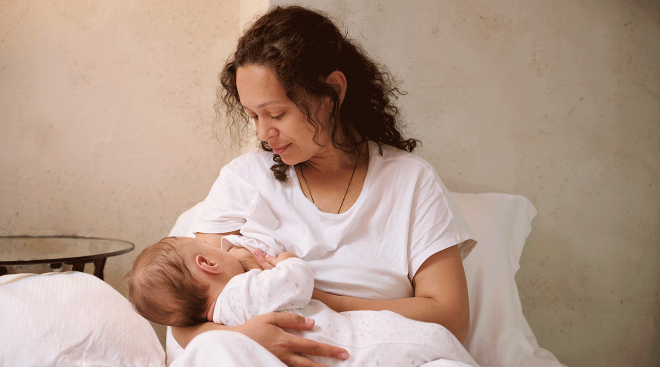Is It Safe to Get a Tattoo While Breastfeeding?
It’s understandable why some parents want to celebrate baby’s grand arrival with a commemorative tattoo. You’ve been through the works, and your body has done some pretty amazing things to bring new life into the world. A tattoo can serve as a confidence-boosting reminder of strength and a special gesture of your love. But first things first: Can you get a tattoo while breastfeeding? It’s a gray area, but suffice it to say that tattoos and breastfeeding don’t exactly go hand in hand. So if you’re considering your options, read on to learn about the potential risks and some proactive steps you can take if you’re determined to visit the tattoo parlor sooner rather than later.
Wondering if you can get a tattoo while breastfeeding? The long and short of it is that there’s no definitive answer. That said, many doctors and medical professionals will tell you to avoid it until after you’re done breastfeeding.
TaShawna Stokes, MD, a pediatrician in Lawrenceville, Georgia, advises new moms to wait at least nine months after nursing to get a tattoo, noting infection risks, potential allergic reactions and increased body sensitivity.
What’s more, there’s a concern that chemicals and small particles found in tattoo inks could potentially present a danger to breastfed babies. Over the course of several months after a tattoo is completed, the ink breaks down in the body. Experts can’t confirm if any chemicals from this process pass to baby via breast milk. That said, according to La Leche League International, the ink molecules’ relatively large size most likely prevents this transfer, but many believe it’s not worth the risk.
Even if ink or chemical transfer isn’t a definitive concern, there are some other potential problems to consider.
Possible infection
First and foremost, there’s the possibility of developing an infection from the tattooing process. If a tattoo artist uses unsterilized equipment, you could get a bacterial skin infection or blood infection, including HIV Hepatitis B, Hepatitis C and some bacterial infections, explains Stokes.
What’s more, the sleep deprivation that comes with early parenthood can actually impact your immune system and make it harder for your body to fight even less serious infections, says Kelly Kendall, RN, IBCLC, a registered nurse and certified lactation consultant at Boob School.
Allergic reaction
Hormonal changes that take place during pregnancy and breastfeeding may make you more sensitive or prone to an allergic reaction caused by a certain dye ingredient, says Stokes.
Impact on breastfeeding
Additionally, getting a tattoo may affect your ability to breastfeed. For starters, think about your body position while breastfeeding. Depending on the placement and size of your tattoo, you may need to refrain from touching or rubbing that area of your body. That can be hard when you’re trying to nurse a wiggly little one.
Kendall adds that maintaining proper tattoo hygiene may be difficult while caring for a newborn. If you wait to get inked, it’ll be one less thing to worry about during an already stressful stretch of time.
Body changes
Before and after childbirth, your body goes through intense transformations. Kendall recommends new moms postpone their tattoos due to postpartum body changes. Tattoo distortion can occur, and suddenly the heart tattoo you’ve been dying to get starts to look more like an oddly shaped butterfly.
Emotional changes
Stokes cites emotional changes as another possible downside to getting tattooed while breastfeeding. “Your thoughts and decision-making may be slightly different in just a few months,” she says. To be sure you’re making a clear decision, Stokes recommends waiting until you’re done breastfeeding.
If you decide to get a tattoo while breastfeeding, you’ll want to take some steps to make sure the process is as safe as possible. Here’s what you can do.
Plan your tattoo placement
First, think about the location and size of your tattoo. You’ll need to avoid contact with that area. Will you be able to move freely and carry baby without touching your new tattoo?
Do your due diligence
Next, look for a tattoo artist who is qualified and trustworthy. Be sure they follow proper hygiene and sterilization practices. Don’t be afraid to ask questions. You can also check with the local health department to confirm your chosen artist has an updated license.
Care for it properly
Your tattoo artist will give you a list of care instructions. You’ll want to be extra diligent about following this protocol and tending to what’s considered an open wound.
Regretting a previous tattoo choice? Although the removal process has become more common, it doesn’t come risk-free, especially for breastfeeding moms.
Tattoo removal is most commonly done using lasers, and it typically involves multiple treatments. During the removal process, tattoo pigment molecules are filtered through the liver. For this reason and others, Stokes suggests waiting until you’re through nursing. Moreover, many laser tattoo removal clinics won’t proceed with treatment if a patient says they’re breastfeeding.
While there’s no hard evidence that tattoo particles could pass to baby through breast milk during the removal process, it’s also not worth taking the risk. As with any medical procedure, talk to your doctor if you need further guidance.
So at the end of the day, can you get a tattoo while breastfeeding? Maybe. Should you? Probably not. Ultimately, when it comes to tattoos and breastfeeding, you’re best off delaying the process. You waited nine+ long months for baby’s arrival—you can probably wait until your breastfeeding journey is behind you.
About the experts:
Kelly Kendall, RN, IBCLC, is a registered nurse, certified lactation consultant and the founder of Boob School, an empowering and educational platform for breastfeeding parents.
TaShawna Stokes, MD, is a pediatrician in Lawrenceville, Georgia. She received her medical degree from the University of South Alabama.
Please note: The Bump and the materials and information it contains are not intended to, and do not constitute, medical or other health advice or diagnosis and should not be used as such. You should always consult with a qualified physician or health professional about your specific circumstances.
Plus, more from The Bump:
Navigate forward to interact with the calendar and select a date. Press the question mark key to get the keyboard shortcuts for changing dates.
































